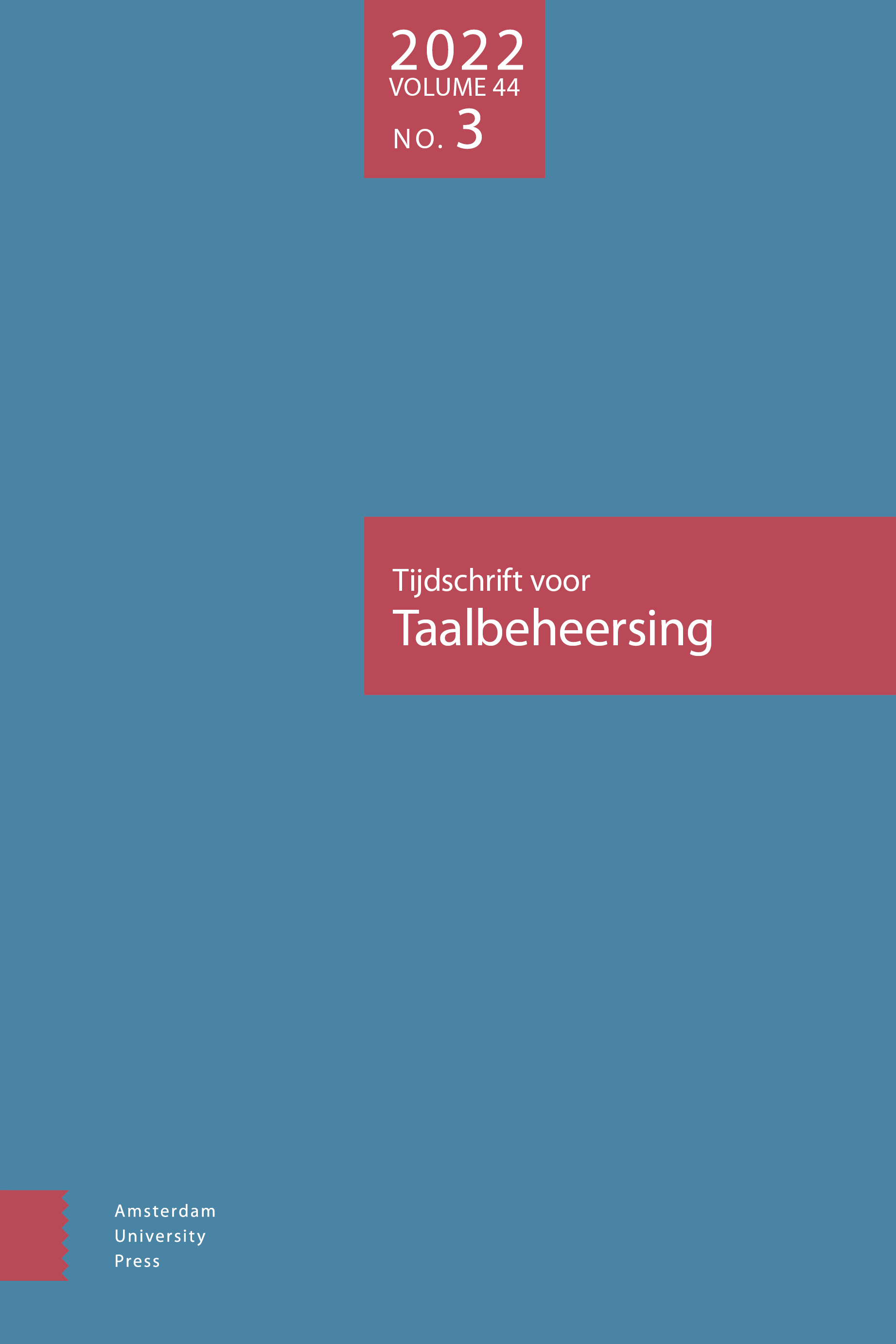-
oa “Ik neem dat niet terug”
Een conversatieanalytische studie van terugneemverzoeken in de Tweede Kamer en de rol van de voorzitter
- Amsterdam University Press
- Source: Tijdschrift voor Taalbeheersing, Volume 44, Issue 3, Dec 2022, p. 129 - 155
-
- 01 Dec 2022
- Previous Article
- Table of Contents
- Next Article
Abstract
“I won’t take that back”
A conversation analytical study of Members of Parliament’s responses to the President’s requests to withdraw statements
Discussions about what may and may not be said in the Dutch House of Representatives are more relevant than ever: both within the parliament and in the media. There is a heated debate going on about transgressive language use and the role of the President of the House when boundaries are crossed. This conversation-analytical study addresses sequences in which the President of the House requests Members of Parliament and Members of Government to take back their words. The analysis is based on thirteen such requests in debates that took place in the Plenary Hall over the past ten years. The analysis shows that the basic sequence involves the President of the House’s judgement of the inappropriate words (pre) that does not lead to withdrawing. This is followed by an explicit request, which is granted or not. Regularly, the judgment is enough to lead to a withdrawal or implicit or explicit refusal. Although requests to take back words are regularly granted, they are nearly always treated as problematic by the addressee. Politicians avoid positioning themselves as someone who is quick to change their mind and therefore problematise the request to take back words. The President of the House may resort to interactional sanctions other than those described in the Rules of Procedure.


